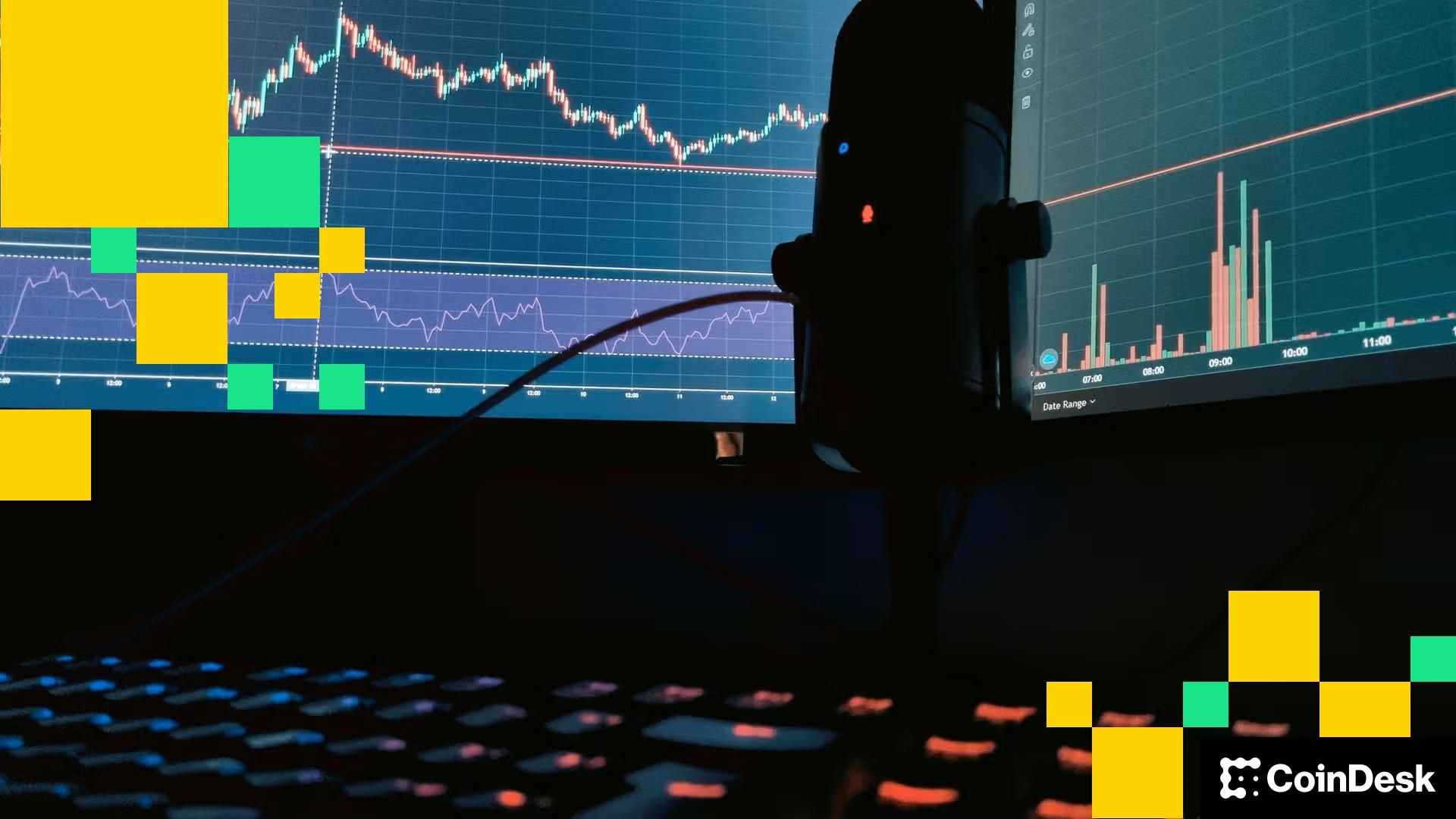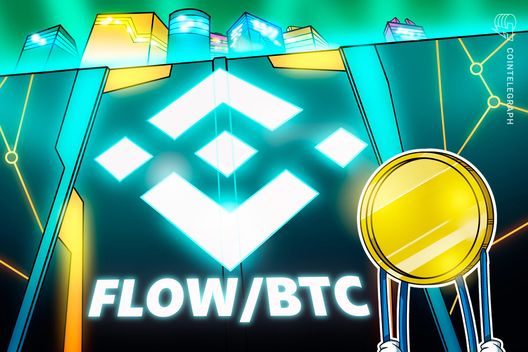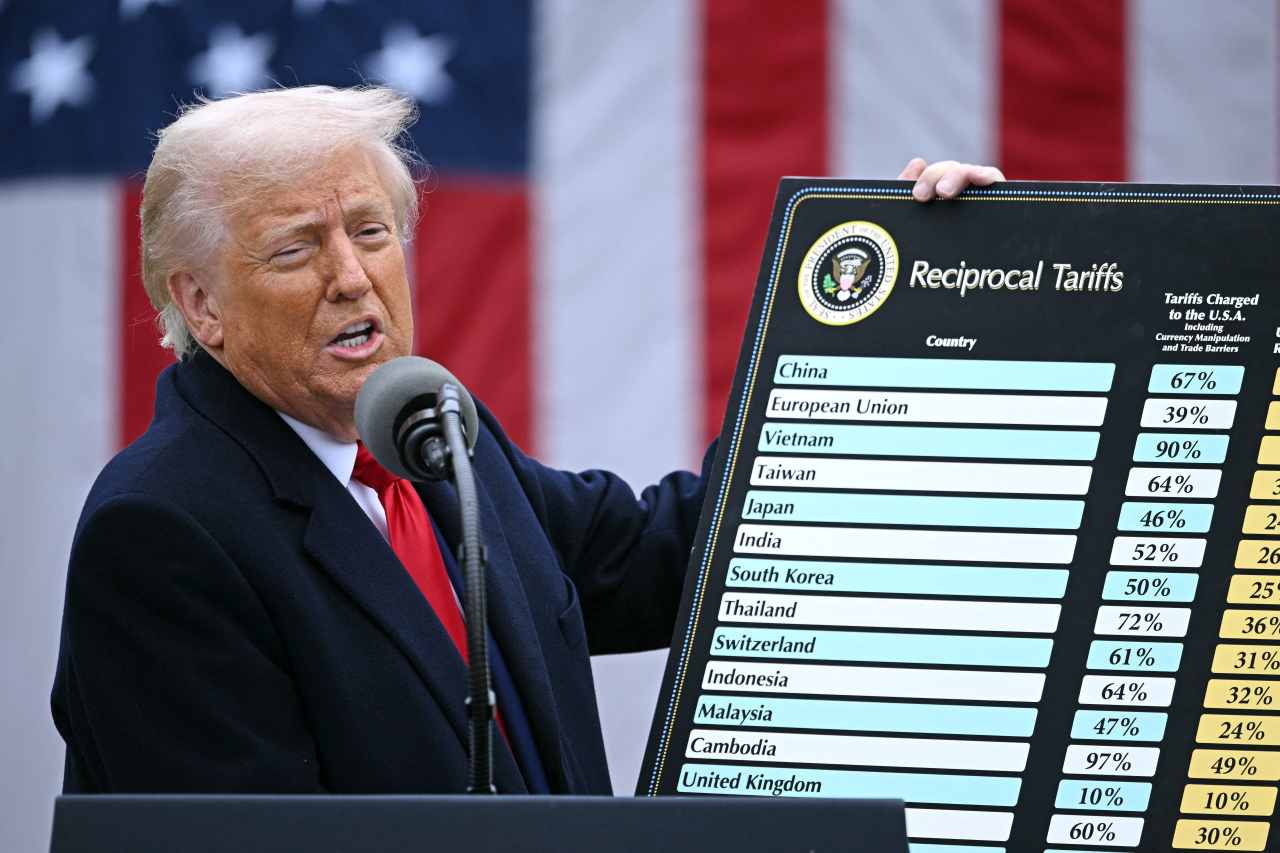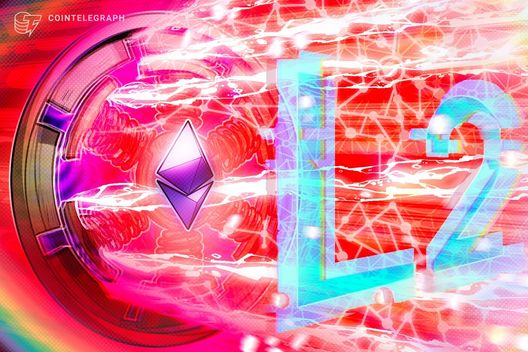VersaBank, a Canadian digital bank with a focus on business clients, has started testing a tokenized deposit that the bank says provide a safer and more compliant alternative to stablecoins.
The pilot, run through the bank's U.S. subsidiary VersaBank USA, will trial a U.S. dollar version of the bank's blockchain-based Digital Deposit Receipts (DDRs) tech. Each token, branded USDVB, represents one U.S. dollar held on deposit at VersaBank USA.
The program will simulate thousands of transactions of small value, first internally and then with select external partners. Tokens will be managed through the bank’s digital vault and e-wallet platforms and issued on the Ethereum (ETH), Algorand (ALGO) and Stellar (XLM) blockchains.
While stablecoins, crypto tokens with prices tied to fiat currencies like the U.S. dollar, have captured most of the attention, banks are also exploring tokenized deposits to make money transfers more efficient using blockchain rails. A stablecoin, like Circle's USDC or Tether's USDT, is typically issued by a private company and backs the tokens' value with reserves held at a third-party custodian. Meanwhile, a tokenized deposit is a liability of a regulated bank and subject to banking rules.
Earlier this year, Custodia and Vantage Bank tokenized U.S. dollar demand deposits on Ethereum, while JPMorgan tested its deposit token on Coinbase’s layer-2 network Base.
Unlike most stablecoins, VersaBank said its tokens are federally insured and can earn interest, making them functionally similar to traditional deposits but with the added efficiency of blockchain-based settlement.
The bank said it expects to finish the pilot by the end of 2025 and will seek approval from the Office of the Comptroller of the Currency (OCC) before any public launch.
Read more: Stablecoins, Tokenization Put Pressure on Money Market Funds: Bank of America

 5 months ago
312
5 months ago
312













 English (US) ·
English (US) ·